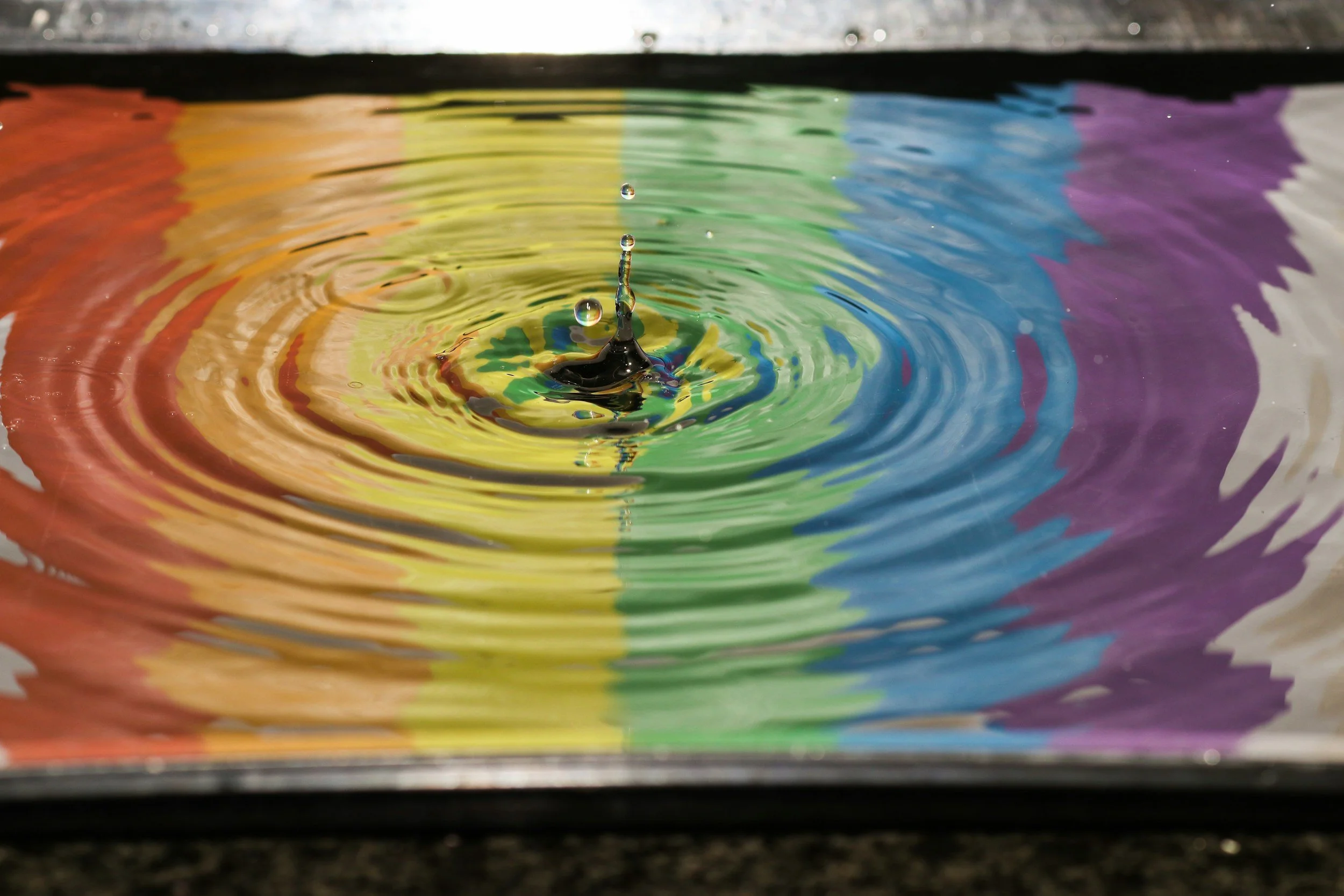Hear me out.
Let’s say you have a broken blender at home. Every time you try to make a smoothie, it tips off the counter and splashes your fruit purée all over the kitchen floor. Sometimes you can salvage some of the smoothie, but most of the time, it just leaves you hungry, flinching, and trying to block out the loud whirring, while covered in a mess of mangled fruit and yogurt. You end up feeling like you’ll never get that refreshing sip you came for!
Abusive relationships are similar in that they leave us with reflexive jumpiness, feelings of mistrust, emptiness, and hopelessness. Although instead of fearing fruit purée, we end up fearing people. Sometimes people we love deeply.
But your relationships don’t have to feel like a broken blender. Finding those healthy relationships may not always be as easy as driving to the store and picking up a new appliance, but there are steps you can take and principles you can follow to avoid the traumatic mess of unhealthy relationships. Here are some pointers to help you identify and avoid toxic relationships and the damage they leave behind.

















